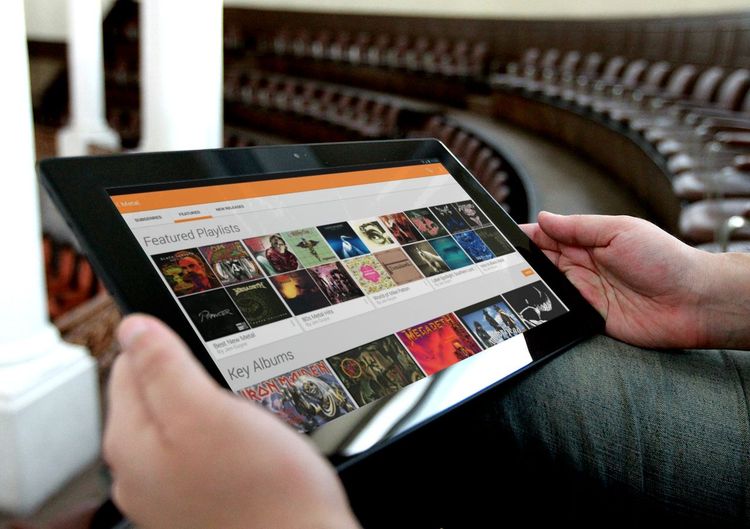
The Sunday Mail

Andrew Moyo
THE arts industry has evolved in many ways over the years, with both positive and negative effects coming with the changes. Artistes who have been able to adapt to the new trends have thrived while those who are still lagging behind are struggling to cope. From music to literature, the traditional ways of marketing and selling one’s brand have been swallowed up by the digital age which has brought vast technological advancements in the industry.
The internet is playing a major part in reshaping the arts landscape, being an instrumental element in almost every aspect of the craft. However, it is apparent the local arts industry has struggled to cope with the new trends, trying with very little success to keep tradition alive.
With the piracy scourge that has continued to soar, people who make a living from art forms like music and literature have been finding it tough to break even.
Book stores are hanging in there, but the same cannot be said for record bars, as both have been losing business to street vendors who are selling pirated music and books at the cheapest possible price.
Though bad, the prevailing scenario could also be viewed as a wakeup call for artistes to start embracing new technology and push their work via online platforms just like their counterparts in developed countries.
Many artistes world over in the music industry have been recording more sales online rather than on CDs signalling music fans are now more into online music purchases compared to hard copies.
Internet-based retailer, Amazon has gone on to develop Kindle e-readers that enable users to browse, buy, download and read e-books, newspapers, magazines and other digital media via the internet. Online sales have become the new world order in the arts industry as technology is being absorbed in every part of the globe.
Although the local music audience and book readers are yet to embrace this concept due to various reasons, chief among them being technophobia and the issue of payment platforms, there are some who are now warming up to the idea. More and more people in Zimbabwe now have access to the internet which can be attributed to the influx of mobile gadgets that are data ready.
The general argument locally is internet data is a bit expensive compared to other countries. But the introduction of various data bundles by internet service providers have lessened the burden which has resulted in a surge of internet users. But besides the local market, online sales can easily take an artiste’s work across borders.
The fact that Zimbabweans musicians are being invited to perform in other countries is clear testament that their music has an audience in other parts of the world.
Many Diasporas tend to have a hunger for local music, which is another way of connecting with the motherland but there have been complaints that there is minimal access to this music for purchase online.
Besides sales, the internet has also made it easier for artistes to market their brands, reach out and interact with their fans easily. Platforms such as Facebook, Twitter, YouTube, Whatsapp and Instagram among others have become information highways which artistes have been exploiting to increase their visibility, push their work and get feedback.
A quick look at music videos and songs that have been uploaded on YouTube and Facebook will reveal that some of these have managed to attract views in hundreds of thousands, a symbol of power and reach of the internet.
Instead of just depending on posters that are plastered on walls all over the city, artistes have also been circulating these posters via social media with great effect. They have also made use of these platforms to advertise new music, live shows and merchandise they might be selling.
Authors have also been using social media to market their books, posting teasers and extracts of their work to generate interest among their readers.
Jive Zimbabwe, a company that promotes and distributes local art products and services seems to be moving in the right path as they have created a platform that sells music online.
Speaking to The Sunday Mail Leisure, director of Jive Zimbabwe Benjamin Nyandoro pointed out the benefits of embracing modern ways of selling music and the challenges on the local arts scene.
“The world has been moving with technology and you will realise that the music industry has not been left out in that movement. ‘‘These days the internet is playing a big role in the marketing and selling of music which is why I believe Zimbabweans should also embrace the platform,” said Nyandoro.
He said the reason why many artistes are yet to embrace the idea is the lack of proper knowledge of how the system works.
“Most of these artistes are sceptical when it comes to signing up to sell their music online because they are not really sure about how the whole process works. We have noticed that most artistes have not gained confidence with the system because they believe they will somehow be cheated of their earnings.
“We have approached several music corporations that sell music to sign up with us but they are opting to sell hard copies instead which is not sustainable in this current climate.”
However, Nyandoro adds traffic on their platform has been rising with each passing day as more people are warming up to online purchases due to rigorous campaigns.
“More people are enquiring about how they can buy the music online which means the major setback could be the fact that most people in Zimbabwe are not used to making online purchases but things are changing.
“The number of enquiries we are getting means there is growing interest on the service. Our online sales even skyrocketed when we started selling Macheso’s new album.”
The other challenge on the local market has been the lack in use of plastic money, a concept which is still being cultivated in the country. “There are people who do not have Visa or Master cards which make it possible to make online purchases but our platform allows people to purchase using Zimswitch cards or even Ecocash so I don’t think it should be a big problem.”
Winky D is one of the local artistes who has been selling his music on various online platforms including iTunes and Amazon. An interview with his manager Ras Mwalimo reviewed some of the benefits that come with pushing music online. “We have been selling music online since 2007 and what I can tell you is that it has benefited us in many ways,” revealed Mwalimo.
“For example, if I was to check how our sales are faring in Australia, I can be able to judge which areas in that country have more people who are listening to our music which means when we go on tour, I already know which shows are likely to receive a favourable attendance.”
He adds: “There are many people out there who are interested in our music because if we are being invited to perform in Ethiopia it means we have an audience there and an easy way to sell this music to them is via the internet.” Ras Mwalimo encouraged every serious artiste to embrace technology since it made life easier.



